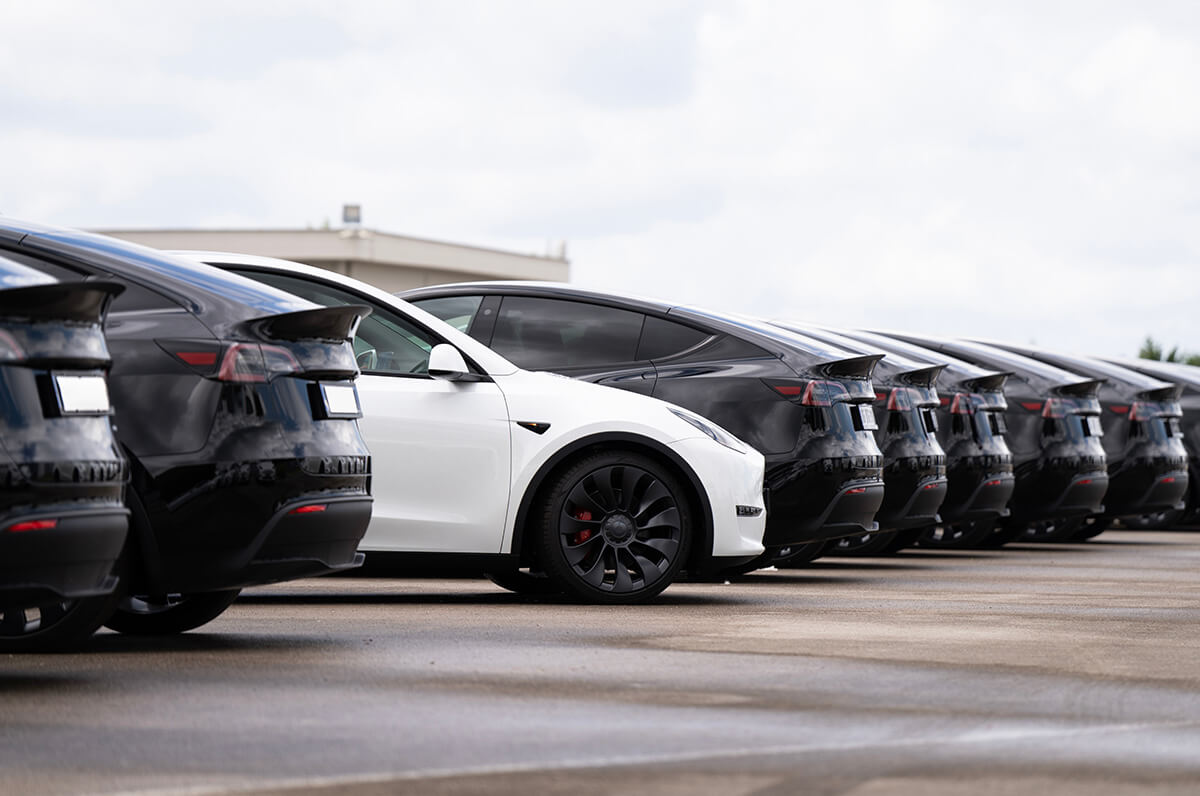
Motorists who choose electric vehicles (EVs) continue to face higher insurance premiums, with some models costing hundreds more to insure according to new research from Compare the Market.
The car insurance comparison experts found the top five best-selling EVs in the first half of this year were on average 43% more expensive to comprehensively insure compared to a similar petrol-powered model.
This is despite electric cars being generally cheaper to own than a petrol or diesel vehicle over time, with previous Compare the Market research revealing Australian motorists could save more than $1,000 per year in running costs by switching to an EV and charging at home.
Electric vs petrol car insurance premium costs
| Tesla Model Y RWD | Tesla Model 3 RWD | BYD Seal Dynamic | BYD Atto 3 Standard Range | MG 4 Excite 51 | |
| Average comprehensive insurance (EV) | $3,434.98 | $3,888.55 | $2,088.05 | $1,609.47 | $1,470.33 |
| Toyota RAV4 Cruiser 2WD | Audi A3 35 TFSI (sedan) | Mazda 6 G35 Atenza | Toyota Corolla Cross Atmos 2WD | Hyundai i30 N Line (hatch) | |
| Average comprehensive insurance (ICE) | $1,744.95 | $2,101.04 | $1,871.79 | $1,399.14 | $1,371.73 |
| Difference | +96.85% | +85.08% | +11.55% | +15.03% | +7.19% |
Quotes generated between 2 to 4 September 2024 for a policy commencing on 1 October 2024
Meanwhile, the most popular hybrid vehicles – which use both combustion engine and EV powertrains – were typically 5% pricier for comprehensive car insurance compared to their equivalent petrol-only counterparts.
Ahead of the Australian Government’s New Vehicle Efficiency Standard (NVES) in 2025, Compare the Market’s economic director, David Koch, has called on Australian EV owners to find a better deal by comparing car insurance policies.
“There are already a number of EVs that are priced on par with some petrol-powered models – but the team at Compare the Market have found insuring an electric car could cost considerably more than insuring a similar petrol-powered model,” Mr Koch said.
“Across the top five best-selling EVs and 12 car insurance providers, motorists could be spending between $98 to $1,788 more to comprehensively insure an EV every year – which may diminish some of the benefits of reduced running costs.
“EVs are generally more expensive to insure because the battery pack creates more complexity for repairers, many EV-specific parts need to be imported from overseas, and there are fewer qualified smash repairers for electric cars.
“Therefore, if you’re an existing or would-be EV owner, it pays to compare car insurance policies to ensure you don’t pay a cent more than you need to – rather than staying loyal with the same insurer year-on-year.
“Just like banks and lenders have started offering green car loans, it would be great to see insurers adopt some green discounts for electric car premiums.
“For now, the best way to ensure you’re getting a good deal is to compare. No matter if it’s your car insurance or electricity plan, there are options out there. Don’t park yourself into higher prices.”
Disclaimers
Comprehensive car insurance costs were quoted through 12 insurers – based on a 34-year-old male driver living in Brisbane (4051), who drives 15,000km per year (for private use or commuting to work only) with a clean driving history, owns a home with a garage, does not own another vehicle, and is employed full-time.
The quotes were based on a targeted $900 excess with no optional extras, no driver age restriction, and policy commencing on 1 October 2024. Where an insurer did not offer a $900 excess option, the closest amount within $50 was selected.
The top five best-selling electric vehicle models in the first half of 2024 were compared to a similarly priced and sized petrol-powered model. Similarly, the top five best-selling hybrid vehicle models in the first half of 2024 were compared to their equivalent petrol-only models.
If an insurer did not provide cover for a particular vehicle model, they were excluded in calculating the average premium for both EV/hybrid and petrol models.
The vehicles quoted were manufactured in 2024 (except for the Hyundai i30 N Line where 2023 was used, as some insurers don’t yet offer cover yet for the 2024 model as at the time of writing), white in colour, no options or modifications, no finance, and had no damage.








